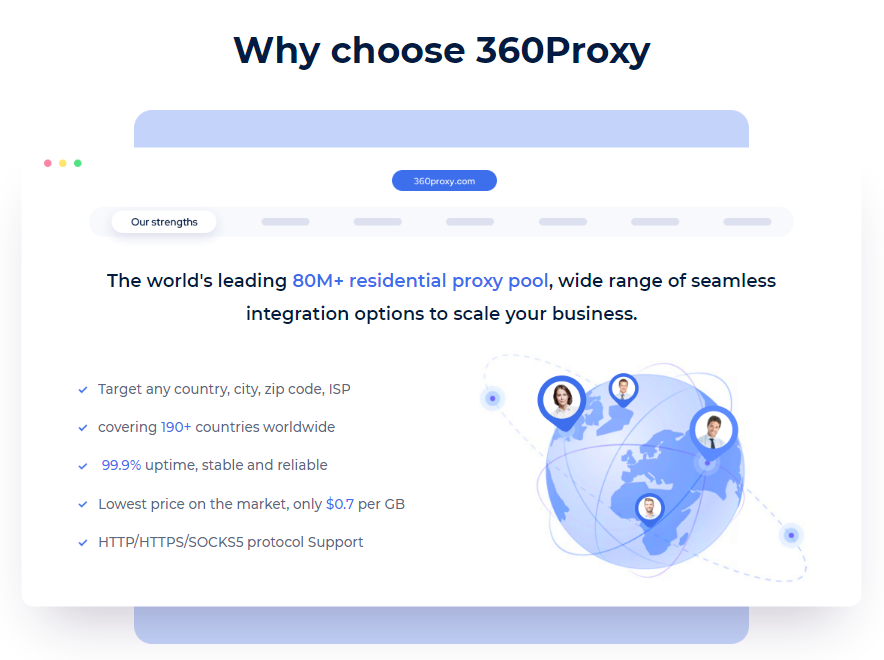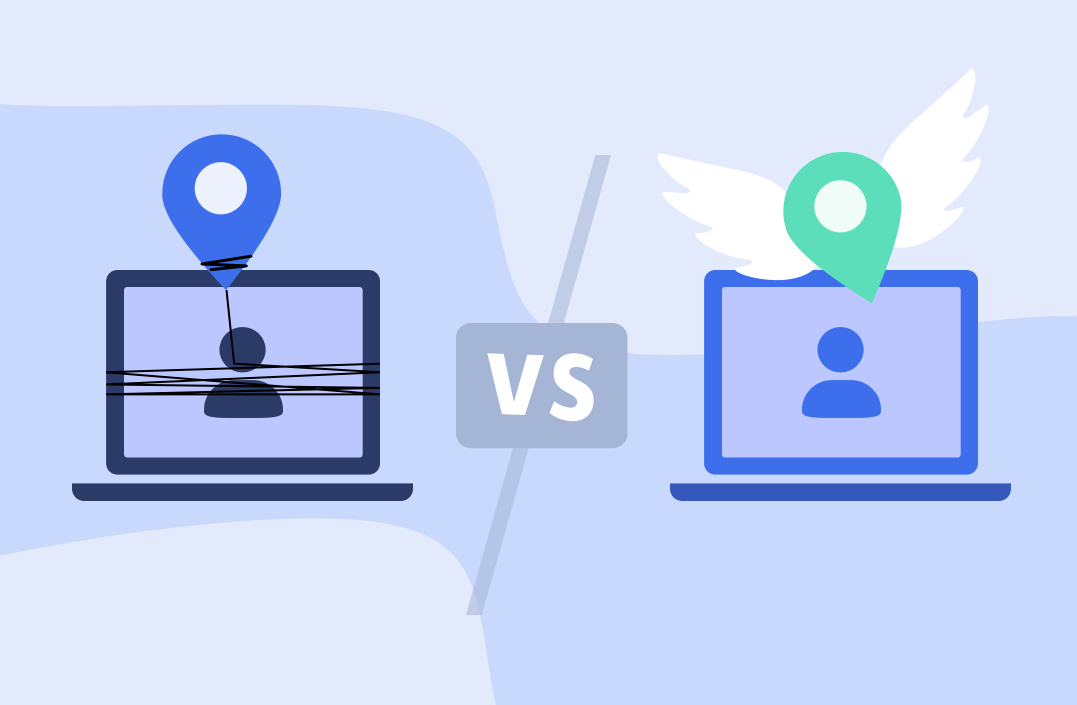Introduction
In the proxy service market, we often notice that static IP proxies are more expensive than dynamic IP proxies. This sparked widespread discussion, why are static IP proxies more expensive? This article will deeply analyze the characteristics of static IP proxies and dynamic IP proxies, and explain the reasons for the price difference to help readers better understand this phenomenon.
Basic concepts of static IP proxy and dynamic IP proxy
Static IP proxy
Static IP proxy means that the IP address assigned to the user by the proxy service provider is fixed. No matter when a user visits, their assigned IP address always remains the same.
Dynamic IP proxy
In contrast, a dynamic IP proxy means that users get a different IP address every time they connect. This proxy method is more flexible and can switch different IP addresses between user requests.
Reasons why static IP proxy prices are higher
Stability and availability
Static IP proxy provides higher stability and availability. Since the IP address is fixed, users do not need to worry about connection interruption or service unavailability caused by frequent IP address changes during use. This reliability means higher costs, as providers need to maintain a stable allocation of IP addresses.
exclusivity requirements
Some users may need to use a specific IP address exclusively to ensure that they are not affected by other users when using the proxy service. Static IP proxy can meet this exclusivity requirement and provide users with exclusive IP resources, but this exclusivity will bring higher costs.
Suitable for specific scenarios
Static IP proxies are usually more suitable for certain specific scenarios, such as stable, long-running tasks or directed access to specific websites. This specialized usage scenario also results in the relatively high price of static IP proxies.
Regulations and Compliance
In some regions or specific industries, using a static IP proxy may be subject to additional regulations and compliance requirements. Providers need to devote more resources to meet these requirements, thereby increasing the cost of services, which is also reflected in higher prices.
Limited IP resources
Static IP address resources are relatively limited, and they are usually more strictly allocated and managed. Due to limited supply, the price of static IP proxy is restricted by market supply and demand, and higher prices are also set by suppliers to maintain the sustainability of services.
Advantages of dynamic IP proxy and reasons for lower price
Flexibility and cost effectiveness
Dynamic IP proxies offer greater flexibility, and users receive a different IP address each time they connect. This dynamic allocation feature allows providers to manage IP resources more efficiently, reducing operating costs and thereby lowering service prices.
Suitable for short term tasks
Dynamic IP proxy is more suitable for some short-term tasks or application scenarios that require frequent changes of IP addresses. Since users share IP resources, the price of dynamic IP proxy is relatively low, which is suitable for some users who do not have high requirements for IP address changes.
More adaptable
Dynamic IP proxy is more adaptable and suitable for users who need to frequently switch geographical locations or have larger IP pool needs. This adaptability allows providers to manage IP resources more efficiently and offer more competitive prices.
large scale use
Dynamic IP proxies are usually provided in a shared manner, allowing providers to better allocate IP addresses among large-scale users, thereby improving resource utilization and reducing unit costs.
Lower compliance requirements
Compared with static IP proxies, dynamic IP proxies have relatively lower regulations and compliance requirements, which reduces providers' investment in this area and also affects service prices to a certain extent.
In conclusion
There are differences in the service characteristics and applicable scenarios provided by static IP proxies and dynamic IP proxies, and these differences are directly related to their price levels. Static IP proxies provide higher stability and availability, as well as meet the need for exclusivity, so the price is higher. Dynamic IP proxies focus on flexibility and cost-effectiveness, adapting to a wider range of usage scenarios, so the price is relatively low. When choosing a proxy service, users should weigh the relationship between these features and price based on specific needs and choose the proxy type that best suits them.
360Proxy provides stable global connections, has more than 80M+ real residential IP resources, covering 190+ countries and regions, and provides a wide range of proxy types, including static IP proxies and dynamic IP proxies, and the extraction process is very convenient, for different extraction The method configures different teaching articles to ensure users have a smooth feeling when using it.

 Username: Password
Username: Password
 Whitelist IP
Whitelist IP
 Proxy Manager
Proxy Manager
 Google Chrome Extension
Google Chrome Extension





























 Dashboard
Dashboard Sign Out
Sign Out






























 USA
USA France
France Brazil
Brazil Vietnam
Vietnam Spain
Spain









